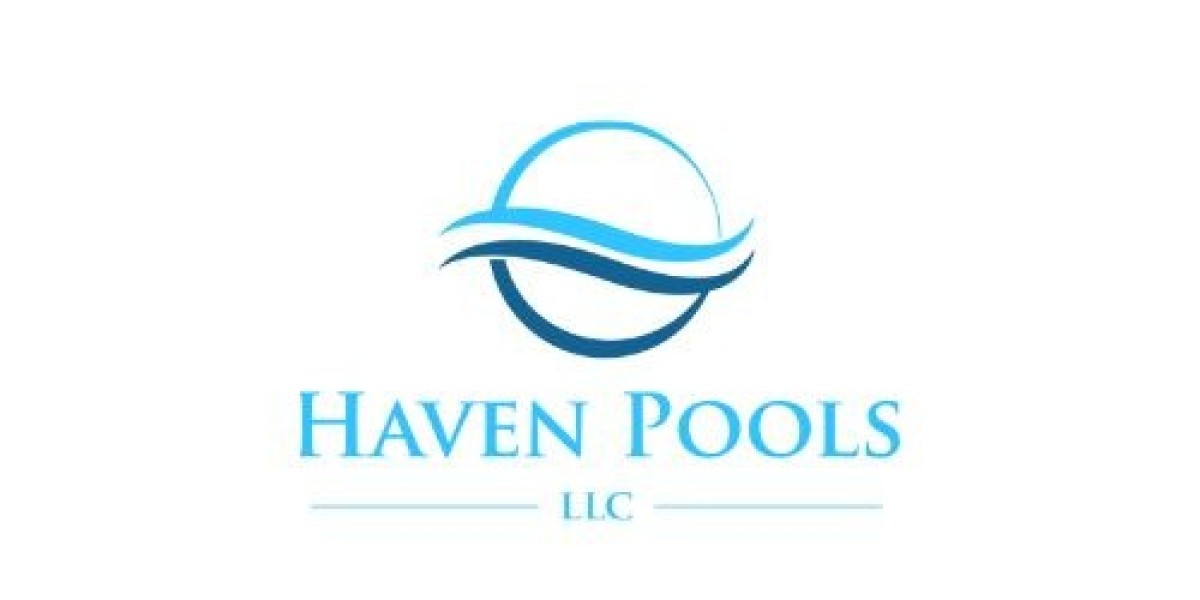Companies cannot assume statutory obligations in these times of rapidly evolving regulatory environments. With the government authorities cracking down and initiating reforms, non-compliance may result in hefty fines, operations halt, and tarnished reputation. It is statutory compliance why statutory compliance has risen beyond a back-office concern to a strategic business issue.
Regardless of their sizes and sectors, any organization in India needs to make sure that it complies with employment laws, tax, welfare contribution and labor policies. To businesses that want to operate within the right side of the law and yet concentrate on their development and expansion, it has become a good business decision to outsource to professional compliance services.
What Makes Statutory Compliance So Crucial?
Statutory compliance can be said to be the compliance by a company with the legal structure established under different Indian labor and employment legislations. This involves the deposit of EPF and ESIC contributions in time, compliance with the minimum wage rules, management of contract labor and maintenance of updated records of employees.
Although compliance may appear to be administrative conceptually, its influence extends wide. Even a small mistake in returning the returns or skipping a deadline may attract the attention of the government, notices, fines, or even imprisonment in severe cases.
How Compliance Services Help Businesses Stay Protected
Professional compliance services serve as compliance guard against non-compliance risk. They assume the role of:
Timely submission of returns and challans
Maintenance of registers and employee documentation
Liaising with labor departments and inspectors
Ensuring region-wise adherence to local labor laws
Supporting audits and handling statutory inspections
The services take the internal pressure off of HR or admin teams and make the legal processes accurate and consistent.
The Strategic Role of PF & ESIC Consultants
Provident fund (PF) and Employees’ State Insurance Corporation (ESIC) are amongst the most regulated sectors of statutory compliance. They are legislated contributions and they have to be strictly calculated, deposited on time and the records kept regularly.
A dedicated PF & ESIC Consultant helps ensure the following:
Employee enrollment and UAN generation
Correct computation of contributions for PF and ESIC
Monthly filing of ECR (Electronic Challan-cum-Return)
Responding to inspections or dispute cases
Assisting with withdrawal and transfer claims
The presence of such expertise guarantees the absence of errors during reporting and helps to avoid typical mistakes that result in fines or legal challenges.
Why PAN India Compliance Agencies Are in High Demand
In the case of businesses that have a wide workforce distribution or are operating in numerous states, every workplace could be subjected to various labor regulations. A PAN India compliance agency is a solution that provides control at the central point, but execution is done locally.
They offer profound understanding of regional specifics and assist in acquiring state-specific licenses and deal with renewals without involving numerous vendors. Their cross-zone coordination capability is of essence to companies needing to expand their operation or coordinate field personnel, vendors or contract employees nationwide.
Also, compliance automation platforms are widely utilized by those agencies, which provide real-time dashboards and alerts, allowing companies to have visibility and control without micromanaging.
Beyond Penalties: Building a Culture of Accountability
The advantages of remaining compliant in the long-term are not related to escaping legal issues. An effective statutory compliance process creates confidence among employees, investors and business associates. It also shows the integrity of the company, and enhances its capacity to grow without friction.
Engaging an experienced PF & ESIC Consultant, outsourcing to professional compliance services or teaming up with a PAN India compliance agency of full-scale will make compliance a competitive advantage, instead of a liability.








